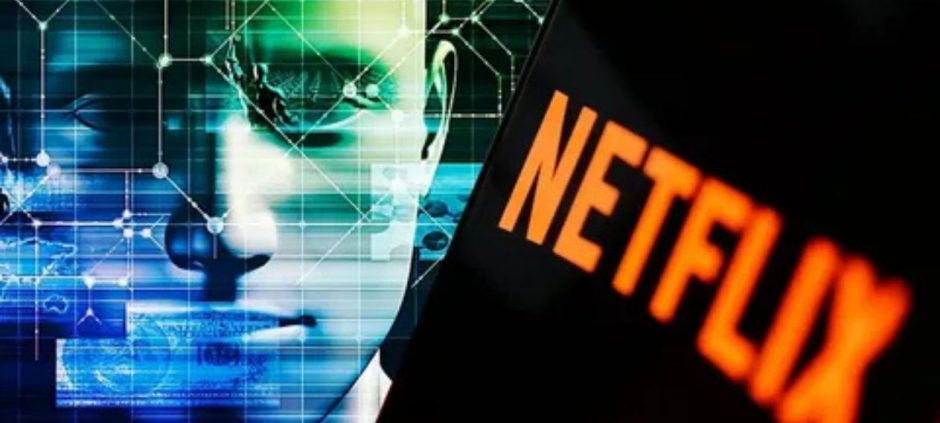Netflix has officially confirmed what many in Hollywood feared: the platform is now using AI in movies, and the reaction from the industry has been explosive. The announcement has reignited debates about the future of human creativity in an age increasingly dominated by artificial intelligence.
According to reports, Netflix is experimenting with AI-generated visuals and integrating them into several of its upcoming productions. The company described the move as an effort to “enhance visual quality and production efficiency,” but many filmmakers and artists see it as a dangerous step toward replacing creative professionals with algorithms.
The debate intensified when Netflix surprised fans with AI-generated real scenes in a new series, leaving viewers both amazed and uneasy. The experiment blurred the line between authentic visuals and synthetic creations, sparking conversations across social media about the moral and artistic consequences of such technology.
Industry insiders argue that using AI in movies could lead to massive creative job losses, as digital tools take over areas once managed by artists, animators, and designers. Many also worry about the loss of originality, claiming that while AI can mimic art, it cannot replace human emotion and instinct, the very core of storytelling.
Meanwhile, Netflix maintains that AI in filmmaking is not about replacing people but about innovation. The company insists it will continue to collaborate with writers, actors, and production teams while using AI as a “creative assistant” to improve efficiency.
However, not everyone is convinced. Hollywood unions and guilds have already begun discussions about new rules to protect workers from digital displacement. After the recent writers’ and actors’ strikes that centered on AI likeness rights, this confirmation has once again put Netflix in the spotlight, and not for the right reasons.
As the debate grows louder, one thing is clear: the battle over AI in movies has just begun, and Netflix has placed itself squarely at the center of Hollywood’s most heated creative conflict.











